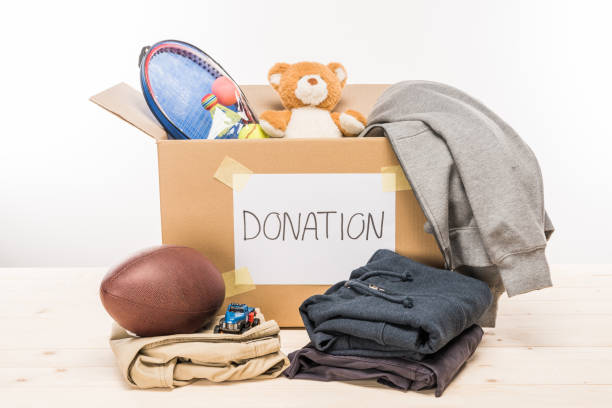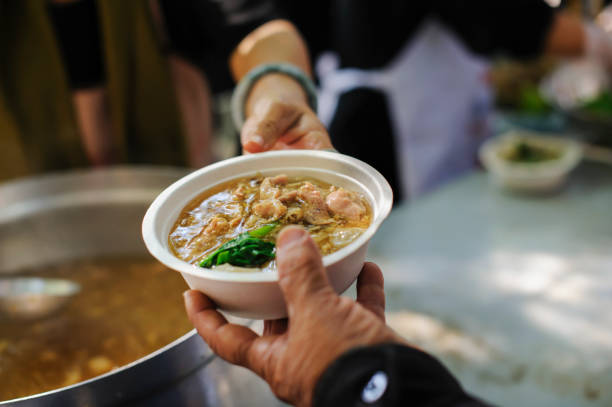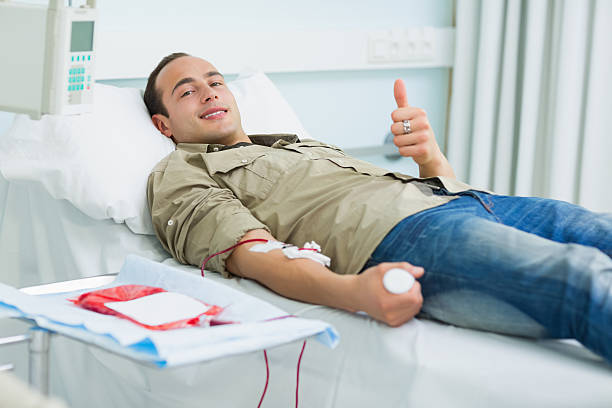Donate Life: A Commitment to Saving Lives
Understanding Organ Donation
Organ donation is a profound act of generosity that involves giving one’s organs or tissues to someone in need of a transplant. This selfless decision can save and transform lives, offering recipients a second chance at life. The concept of organ donation has been embraced globally, with many countries establishing national programs to facilitate and promote this life-saving practice. The importance of organ donation cannot be overstated, as it directly addresses the critical shortage of available organs for transplantation.
The Impact of Organ Donation
Each year, thousands of individuals across the world are added to transplant waiting lists, hoping for a suitable donor to come forward. Unfortunately, the number of donors falls significantly short of the number of people in need. By choosing to become an organ donor, one can potentially save up to eight lives through organ donation and enhance the quality of life for dozens more through tissue donation. Organs that can be donated include the heart, kidneys, liver, lungs, pancreas, and intestines. Tissue donations can include corneas, skin, bone, and heart valves.
Becoming an Organ Donor
Deciding to become an organ donor is a personal choice that requires thoughtful consideration. It involves registering with a national or regional organ donation program and making one's wishes known to family and friends. In many places, this can be done easily through online registries or by indicating the decision on a driver’s license or state ID. It is crucial for potential donors to have open conversations with their loved ones about their decision, as family consent is often required at the time of donation.
Myths and Facts about Organ Donation
There are numerous myths and misconceptions about organ donation that can deter people from registering as donors. One common myth is that doctors will not work as hard to save a donor's life, which is entirely false. Medical professionals are committed to saving lives, and organ donation is only considered after all lifesaving efforts have failed. Another misconception is that organ donation will disfigure the body, making it unsuitable for an open-casket funeral. In reality, donors are treated with the utmost respect, and the donation process does not prevent having an open-casket funeral.
The Donation Process
The process of organ donation begins with the identification of a potential donor, usually in a hospital setting. Medical professionals conduct thorough evaluations to determine the suitability of the organs for donation. Once consent is obtained, either from the donor’s registry status or from the family, the medical team coordinates the donation process. Organs are matched with recipients based on various factors such as blood type, tissue type, and urgency of need. After the organs are retrieved, they are transported swiftly to the transplant centers where the recipients are located.
The Role of Families in Organ Donation
Families play a crucial role in the organ donation process. Even if an individual has registered as a donor, family members are often consulted to confirm the decision. This underscores the importance of discussing one's donation wishes with loved ones. In times of grief, knowing that their loved one wanted to donate can provide families with a sense of purpose and solace, knowing that lives are being saved through their loss.
The Benefits of Organ Donation
Organ donation benefits not only the recipients but also the donors and their families. For recipients, a donated organ can mean the difference between life and death. It can restore health, enhance quality of life, and extend longevity. For donors and their families, the act of donating organs can be a source of pride and comfort, knowing that their loved one’s legacy lives on through the lives they saved. Additionally, organ donation can foster a sense of community and solidarity, as it exemplifies the best of human compassion and generosity.
Organ Donation and Religion
Many people have concerns about how organ donation aligns with their religious beliefs. It is reassuring to know that most major religions support organ donation as an act of charity and love. Religious leaders often encourage their followers to consider donation as a way of helping others in need. For those with religious concerns, it is advisable to consult with their spiritual advisors to gain a clearer understanding of their faith's stance on donation.
Advances in Transplant Medicine
The field of transplant medicine has made significant strides over the years. Advances in surgical techniques, immunosuppressive therapies, and post-transplant care have greatly improved the success rates of organ transplants. Research is ongoing to develop artificial organs, bioengineered tissues, and regenerative medicine techniques, which hold the promise of further reducing the organ shortage and improving outcomes for transplant patients.
Stories of Hope and Transformation
Behind every organ donation is a powerful story of hope and transformation. Recipients often describe the gift of an organ as a miraculous second chance at life. They go from facing a grim prognosis to being able to lead active, fulfilling lives. Donor families, too, find comfort in knowing that their loved one’s death was not in vain, but instead brought new life and hope to others. These stories highlight the profound impact of organ donation and inspire others to consider becoming donors.
The Global Perspective on Organ Donation
Organ donation is a global issue that transcends borders. Different countries have varying systems and levels of success in organ donation. Some countries have adopted an opt-out system, where all citizens are presumed donors unless they explicitly opt out. This approach has led to higher donation rates. International cooperation and exchange programs also play a role in saving lives, as organs can sometimes be transported across borders to match a suitable recipient. Global efforts continue to raise awareness and improve donation rates worldwide.
Overcoming Challenges in Organ Donation
Despite the clear benefits, organ donation faces several challenges. Cultural, social, and logistical barriers can impede the donation process. Misinformation and lack of awareness are significant hurdles. To overcome these challenges, ongoing public education campaigns are essential. Healthcare professionals and community leaders must work together to dispel myths, provide accurate information, and encourage more people to register as donors. Technological advancements and policy improvements can also streamline the donation process and increase the efficiency of organ matching and transplantation.
How You Can Help
Everyone has a role to play in promoting organ donation. By registering as an organ donor and encouraging others to do the same, individuals can contribute to a life-saving cause. Supporting organizations that advocate for organ donation, participating in awareness campaigns, and staying informed about the latest developments in transplant medicine are all ways to make a difference. Each registered donor brings hope to those waiting for a transplant and moves us closer to solving the organ shortage crisis.
Conclusion
Organ donation is a remarkable act of generosity that saves lives and brings hope to countless individuals and families. By understanding the importance of donation, dispelling myths, and encouraging open conversations, we can create a culture that supports and values this life-saving gift. The decision to become an organ donor is a profound commitment to the well-being of others, and it exemplifies the best of human compassion and solidarity. Together, we can ensure that more lives are saved and that the legacy of donors lives on through the lives they touch.




